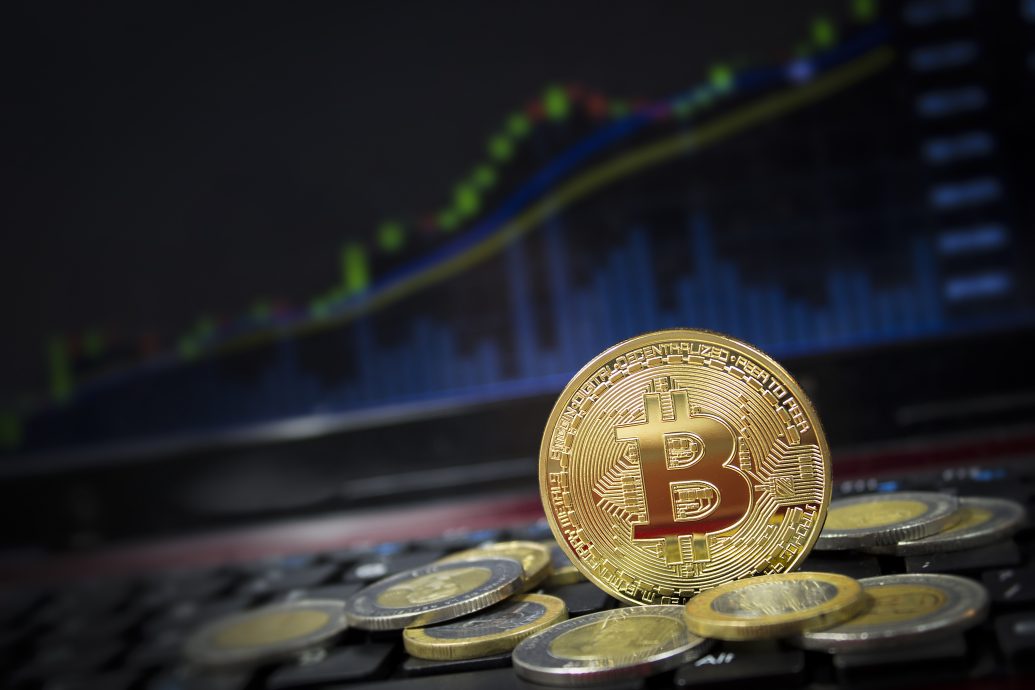A regulatory regime for crypto is emerging. What form will it take?
How A Futures Market Strengthens Bitcoin's Market Order
Bitcoin, as I have argued, is a store of value that is now more attractive than bad fiat currencies and is likely to become even more attractive over time. It is an innovation that replaces trust in government with trust in a decentralized order— an order run by the miners—who verify transactions over a transparent blockchain. The interests of these miners are well aligned with holders of bitcoins, because the miners are partially compensated in bitcoins. It is this alignment that has sustained Bitcoin’s trajectory to ever higher valuations—a more than tenfold increase in this calendar year alone.
Bitcoin’s market order is strengthening because other markets are arising to improve the function of the underlying market. Yesterday the Chicago Board of Trade provided a futures market in Bitcoin, just it has for other commodities, like gold and oil, and as other exchanges have for fiat currencies.First, this futures market sends a signal from a very established institution that Bitcoin is here to stay. Second, the market will in the long run help those who want to use Bitcoin as a currency. The problem with using it as a currency now is that is very volatile, thus being a poor short-term store of value. But a futures market allows a holder to hedge against volatility.
The development of a futures market continues a trend by which Bitcoin is surrounded by a better and more sophisticated market ecosystem. In its early days, Bitcoin exchanges were not reputable enterprises and not well run. There was a high risk that bitcoins could stolen. But now Bitcoin exchanges and Bitcoin wallets where users can store their bitcoins are more sophisticated and better run. Competition in the markets of the Bitcoin ecosystem also strengthens Bitcoin.
Moreover, while many consider other cryptocurrencies simply as competitors to Bitcoin, they too are creating markets that will strengthen it. For instance, Bitcoin Cash—the cryptocurrency that was created with a fork from Bitcoin—is less expensive to use for payments, because its processing blocs are larger. Yet ultimately it can be exchanged for Bitcoin, because markets for cryptocurrency trades will become more efficient. Thus, other cryptocurrencies provide interlocking markets which will also strengthen Bitcoin, because it will likely remain the best long term store of value with its first mover advantage, large market cap, and a very decentralized order that inspires trust.
Bitcoin today is one of the most discussed financial innovations in decades. It is denounced for mutually contradictory reasons. The first critique is that is has no intrinsic value and is a bubble, like the tulip craze in seventeenth century Holland. The other critique is that it represents a serious threat to the government control over currency and should be banned.
But the deepening of markets around Bitcoin shows that more informed decision makers are deciding that it is not a fad like tulips. These markets will also make it harder and harder for democratic governments to ban it, even could they find a way to do so, because ever more numerous stakeholders benefit from it. Bitcoin is pursuing the path that Kyle Roche and I have laid out—climbing the ladder of financial respectability to become a competitor to gold and other more established stores of value, including many fiat currencies.



